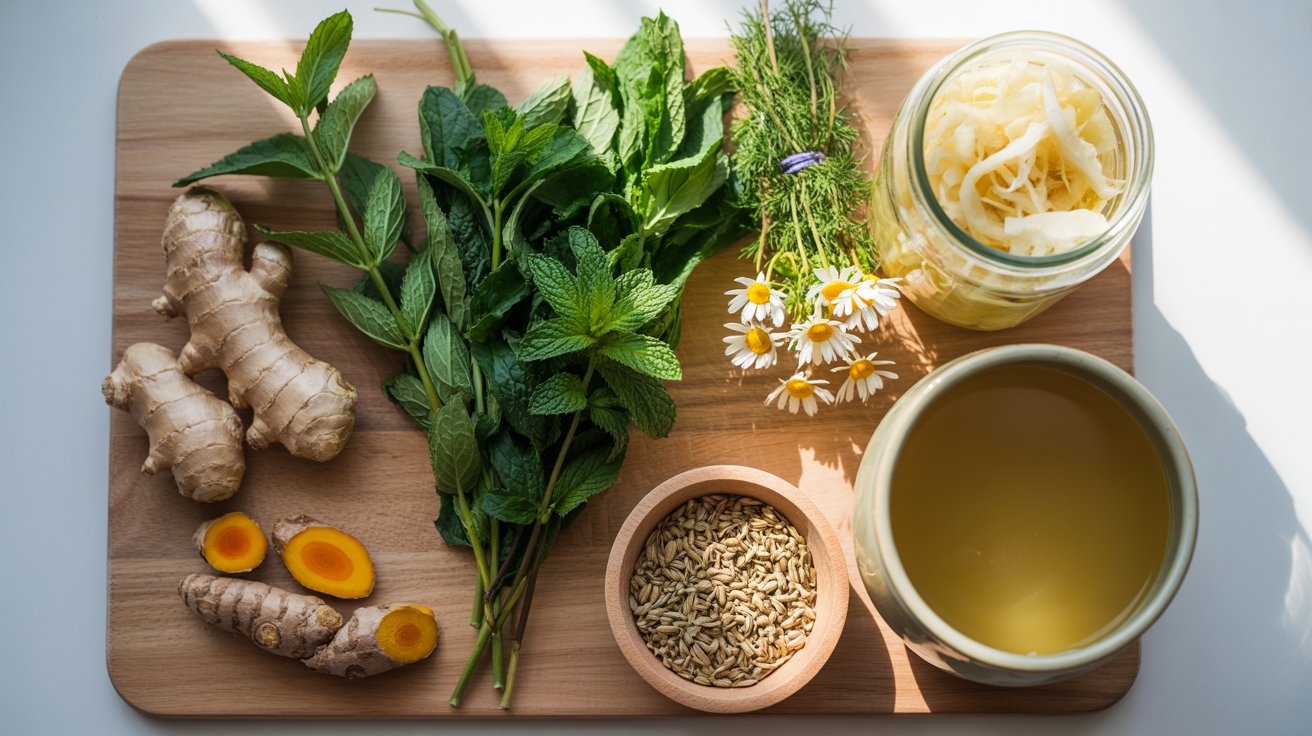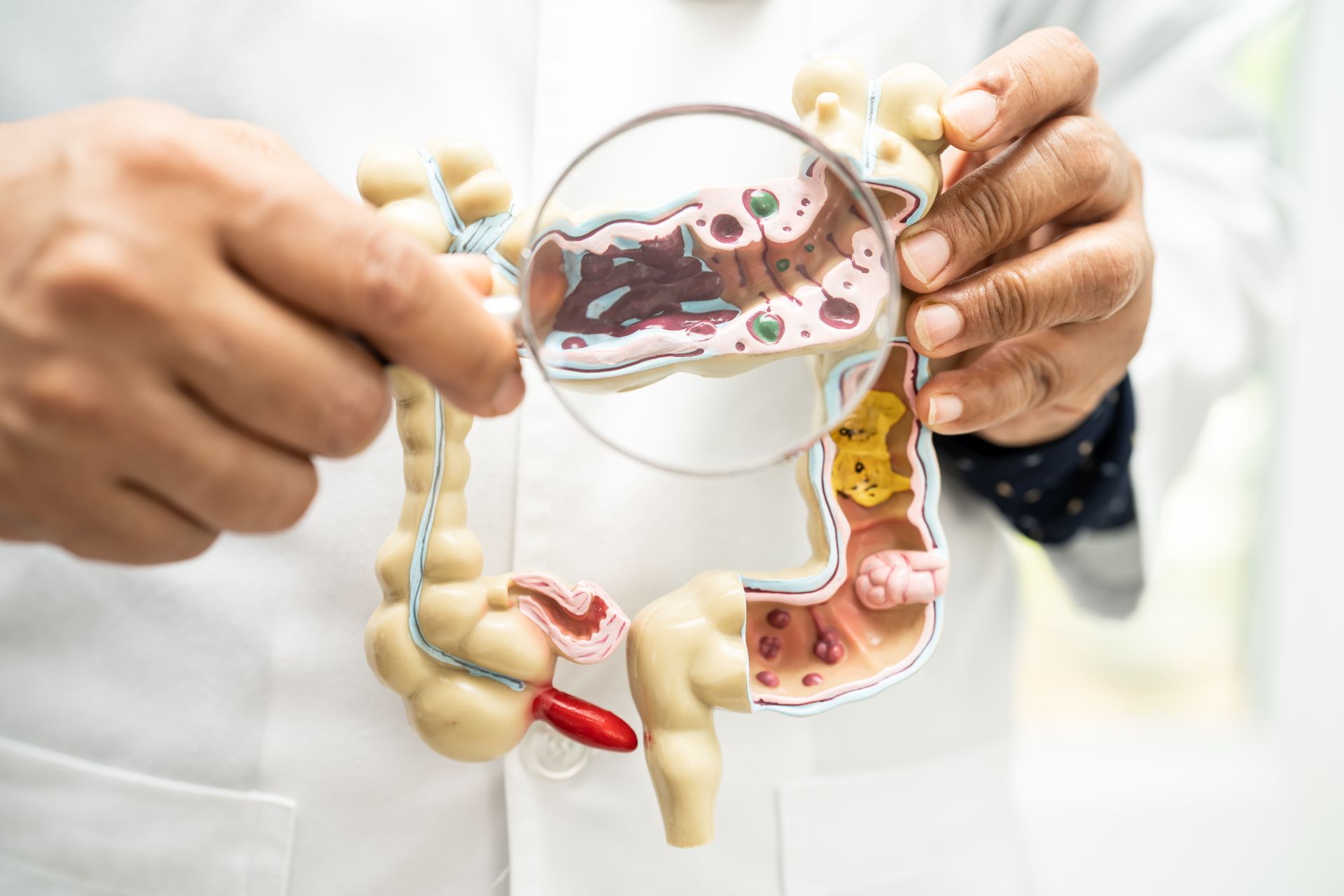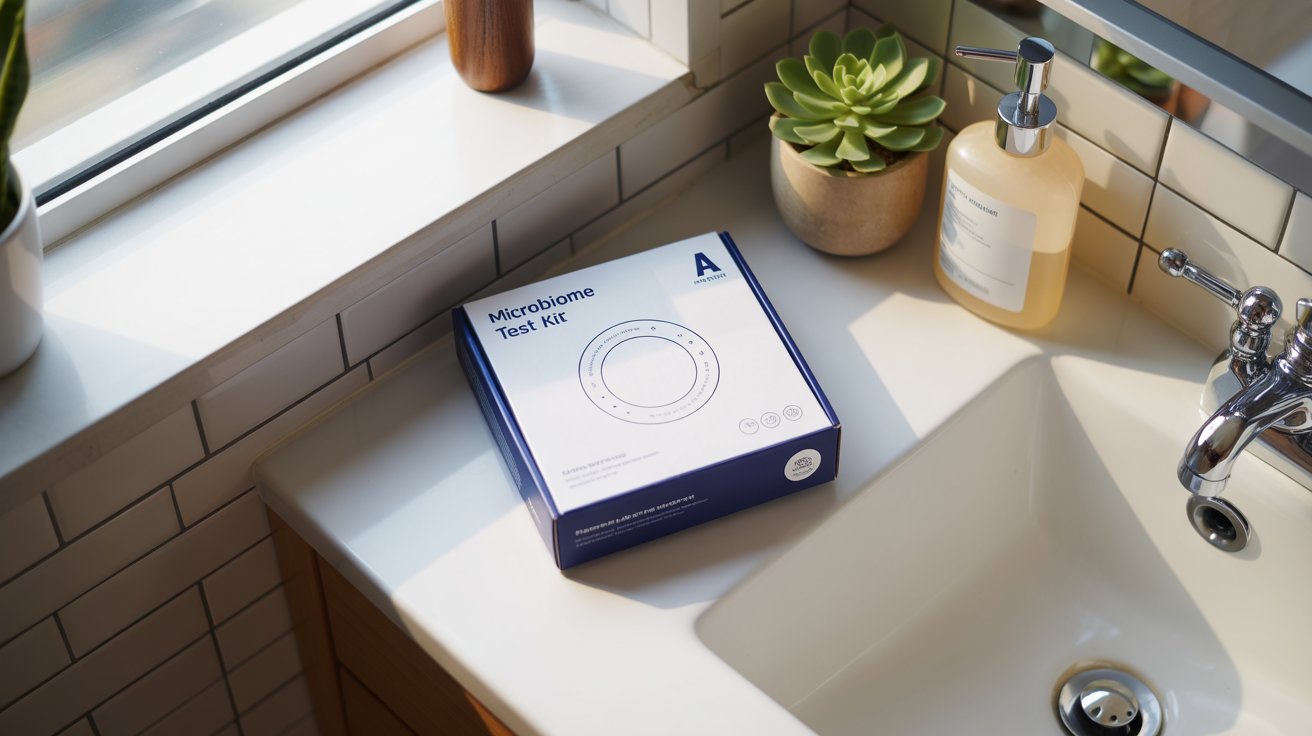It started with a skipped breakfast.
You didn’t plan to do intermittent fasting. You were just busy, distracted, and suddenly it was noon—and you felt surprisingly good. So you tried it again. And again. And then you heard it might even help your gut. But is that true?
Can giving your digestive system a break actually transform your microbiome?
Let’s take a deep (but fun) dive into what happens when your gut gets a pause button, and how intermittent fasting might just be the unexpected support system your gut didn’t know it needed.
What Is Intermittent Fasting—And Why Does It Matter for Gut Health?

Intermittent fasting (IF) isn’t a diet. It’s a timing technique. Instead of what you eat, it’s about when you eat. The most popular style is 16:8—fast for 16 hours, eat within an 8-hour window. Others go with 14:10, 18:6, or even one meal a day.
But what does this have to do with your gut?
Your digestive system isn’t designed to work 24/7. Constant snacking or late-night meals can leave your gut in an “always on” state, which may disrupt your microbiome and overload your system. Fasting gives your body time to rest, repair, and rebalance—especially your gut.
The Microbiome’s Daily Rhythm (Yes, Your Gut Has a Clock)

Your gut microbes have their own circadian rhythm.
Throughout the day, different types of bacteria become more active, depending on whether you’re fasting or feeding. When you fast, certain species—like Akkermansia muciniphila—may become more dominant. These bacteria help strengthen your gut lining and reduce inflammation.
Eating around the clock can throw off this microbial rhythm, leading to a tired, sluggish gut that’s out of sync. But when you fast, it’s like hitting the reset button. Your microbial community reorganizes, repairs, and gets ready to support digestion more efficiently when you do eat.
Gut-Loving Processes That Activate During a Fast
When you stop eating for extended periods, some pretty amazing things happen behind the scenes:
1. MMC Gets Moving
The migrating motor complex (MMC) is like your gut’s cleaning crew. It sweeps away leftover food particles and bacteria between meals. But here’s the kicker—it only kicks in when you’re not eating. Fasting allows the MMC to do its job properly, helping to prevent bloating, bacterial overgrowth, and sluggish digestion.
2. Gut Barrier Gets a Breather
Your gut lining is constantly filtering nutrients and blocking toxins. But when you eat all day, especially inflammatory foods, it can start to break down—hello, leaky gut. Fasting gives that lining a rest and may even enhance the gut’s protective barrier.
3. Inflammation Takes a Timeout
Chronic inflammation can disrupt the balance of good and bad microbes. Studies show that fasting may reduce gut-related inflammation, creating a friendlier environment for beneficial bacteria to thrive.
Short-Term Discomfort vs. Long-Term Gut Gains
When you first try intermittent fasting, your gut might rebel. Gas, bloating, or hunger pangs are common. Your microbiome is adjusting—and it’s temporary.
Within a few days or weeks, many people report:
- Less bloating
- More regular bowel movements
- Reduced cravings (especially sugar)
- Better focus and mood
These shifts point to a microbiome that’s adapting and becoming more balanced. Just like muscles get sore before they get stronger, your gut may go through a mini-reboot before it feels fantastic.
Does Intermittent Fasting Work for Everyone’s Gut?
Let’s keep it real: not every gut is the same.
People with certain health conditions—like IBS, SIBO, or a history of disordered eating—might need a different approach. It’s always wise to consult with a gut-health-savvy practitioner before diving into fasting routines.
That said, many people with mild digestive issues or fatigue often find that gentle intermittent fasting (like a 12–14 hour window) is enough to see positive changes without stressing their system.
How to Start Intermittent Fasting for Gut Health (Without Shocking Your System)

So you’re curious, maybe even excited—but not sure where to begin? The key is to start slow and listen to your gut (literally).
Here’s a gut-friendly roadmap:
- Begin with a 12:12 window.
Eat your meals within a 12-hour window (say, 8 AM to 8 PM), and fast the other 12 hours. This simple shift can start to reset your circadian rhythm without much discomfort. - Stay consistent for 1–2 weeks.
Let your body and your microbiome adapt. You don’t have to jump straight into 16:8 territory. - Gradually shorten your eating window.
After you feel comfortable, shift to 14:10, then 16:8 if you like. The goal isn’t to suffer—it’s to find the sweet spot where your gut feels lighter, not deprived. - Hydrate like crazy.
Water, herbal teas, and mineral-rich broths help your digestion keep moving and support detox pathways. - Break your fast with nourishing foods.
Avoid heavy, greasy, or sugary foods after fasting. Instead, go for bone broth, fermented veggies, leafy greens, or a smoothie with fiber and healthy fats. - Don’t ignore your body.
If you’re dizzy, weak, or extremely irritable, that’s your gut (and brain) waving a red flag. Adjust your window or take a break. This isn’t a punishment—it’s a practice.
Remember, consistency beats perfection. Even 3–4 days a week of time-restricted eating can help your gut recover and thrive.
How to Support Your Gut During a Fast

Just because you’re not eating doesn’t mean your gut isn’t working. Here’s how to be kind to your microbiome during fasting hours:
- Hydrate like it’s your job – Water, herbal teas, and even a pinch of mineral-rich salt can keep digestion flowing.
- Ease into it – Start with 12:12 and work your way up.
- Break your fast with gut-friendly foods – Think bone broth, fermented foods, fiber-rich veggies, and healthy fats.
- Avoid the binge – Fasting isn’t an excuse to overload on processed food during your eating window. Nourish your gut, don’t punish it.
Fasting + Ferments = A Microbiome Dream Team
Want to supercharge your gut game? Pair intermittent fasting with probiotic-rich foods like sauerkraut, kimchi, kefir, or your very own kombucha (psst—have you grabbed our kombucha brewing guide?).
These fermented goodies help repopulate your gut with good bacteria while fasting gives them room to flourish. It’s like planting seeds and giving them the space to grow.
Gut Health And Intermittent Fasting: A Gut-Friendly Pause Button

Think of your gut health and intermittent fasting as a gut-friendly pause button. Intermittent fasting isn’t just a weight-loss trend—it’s a whole-body reset. For your gut, it means rest, realignment, and renewed microbial diversity.
Think of fasting as your gut’s quiet time, a sacred break from the hustle of digestion. Pair it with nourishing foods and a bit of patience, and your microbiome just might surprise you.















